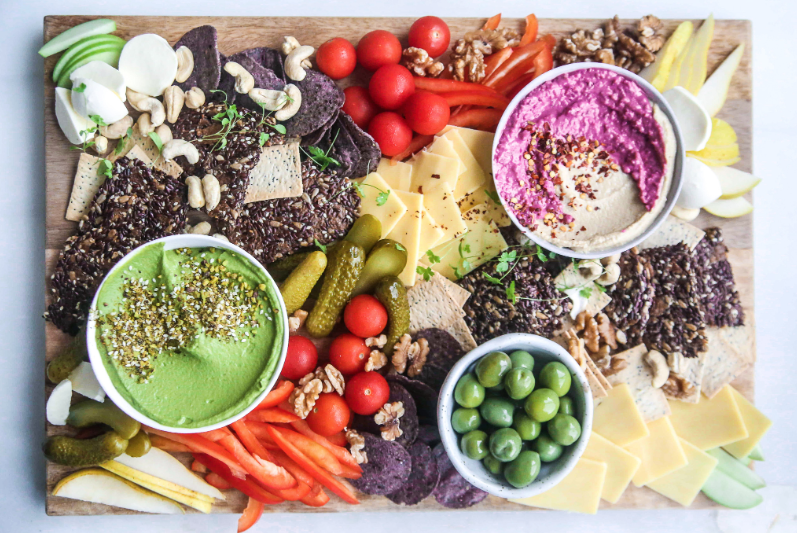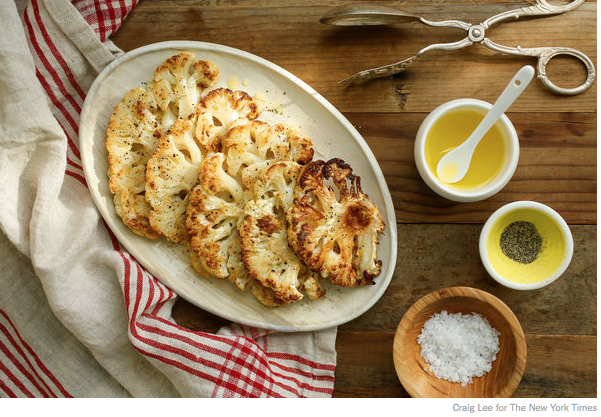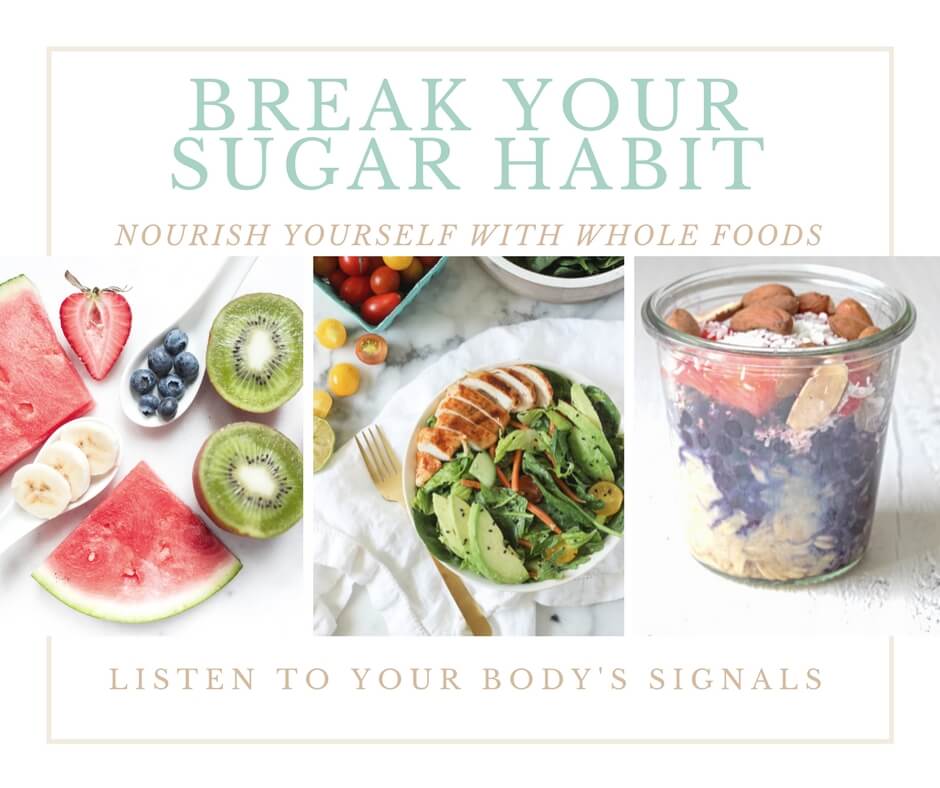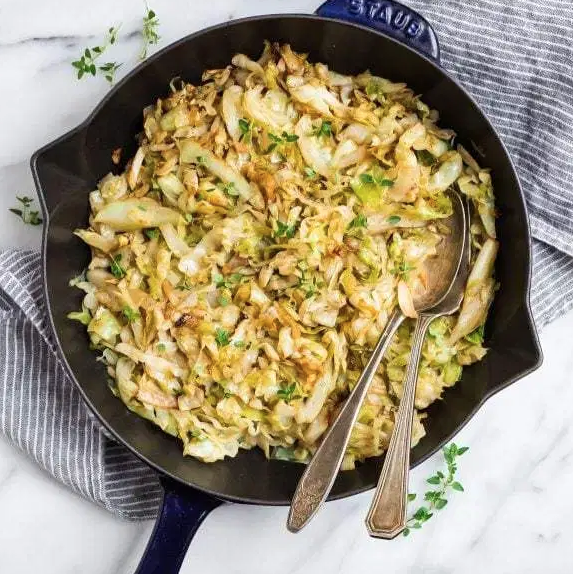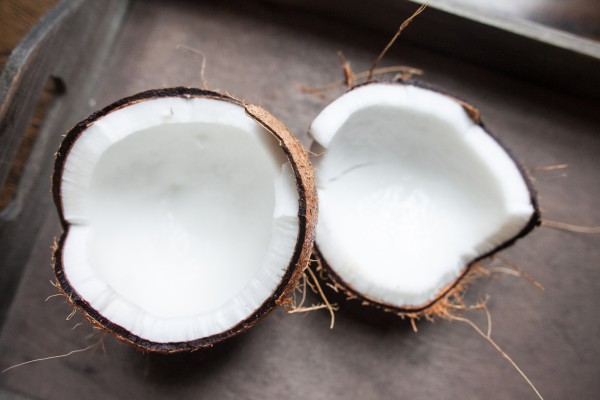whole foods
07/7/24
I’m delighted that you’ve joined Nourishing Lab on this journey [...]
08/31/18
Have you ever overlooked cauliflower? You're not alone! But this [...]
03/1/18
Do you consistently have sugar cravings? Do you dream [...]
11/24/17
One of the most common questions I get from clients [...]
05/20/15
Embracing a “whole foods” lifestyle is fantastic! Now, if only [...]

